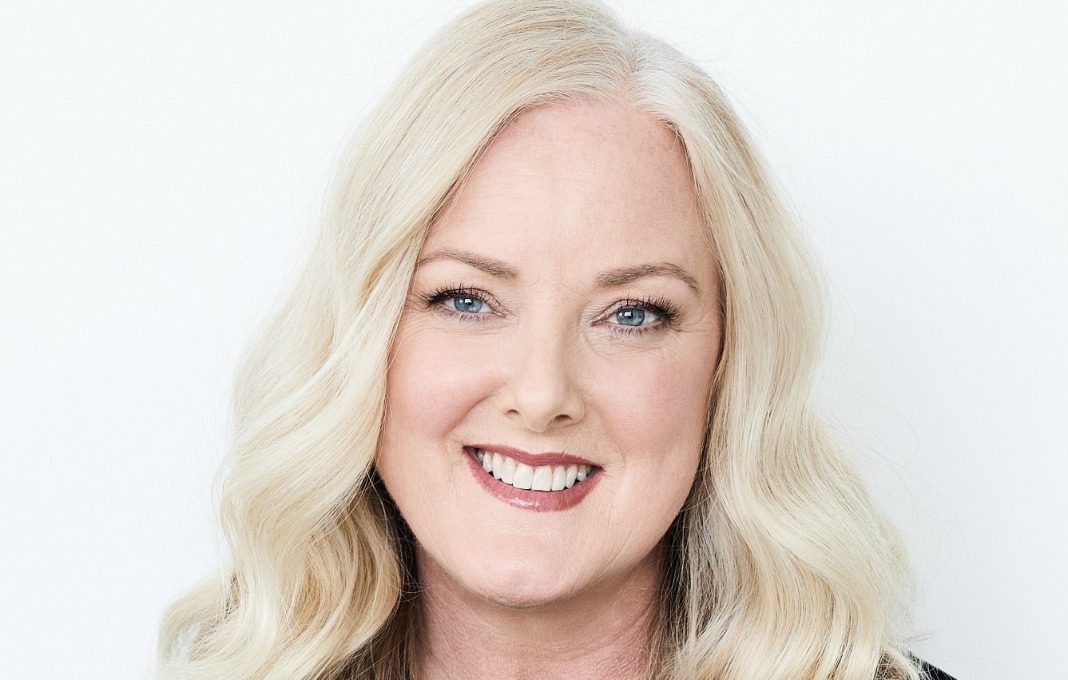Sustainability reporting is increasingly on the minds of finance professional these days, says Kirsty Godfrey-Billy, CFO of Xero, an Australia-based accounting software company with offices in the United States.
It’s just one of the areas that reflect the shifting role of CFOs to more strategic advisors to the business, says Godfrey-Billy. She spoke with StrategicCFO360 about how ESG impacts the finance role, why CFOs need to develop their EQ and if emotional intelligence can be learned.
What is the CFO’s role in addressing the climate crisis? And where do you start if this is a new venture for your business?
Every business has a role to play in supporting the transition to a net-zero economy. CFOs today must be prepared to respond to growing interest from stakeholders in their company’s sustainability practices and are increasingly becoming some of the most important figures in sustainability initiatives.
In many ways, sustainability reporting is a natural extension of the CFO’s remit. Finance teams are the powerhouse behind financial reporting and non-financial performance should be held to the same standard. Robust and transparent data is crucial because it builds trust, even if your company has fallen short of targets. Further, by placing responsibility with the CFO and the finance team, companies demonstrate they are taking sustainability—and non-financial metrics—as seriously as their financial performance.
Thankfully, many organizations and standard bodies exist to provide direction for companies looking to improve their sustainability performance and reporting. The Task Force on Climate-related Financial Disclosures and the United Nations Global Compact CFO Taskforce are supporting companies to integrate sustainable practices into all aspects of their business and report on performance. The International Financial Reporting Standards, commonly called IFRS, is also developing standards for climate accounting that are due to be released in 2023.
At Xero, we see a significant opportunity to help our small businesses customers take steps in their sustainability journey. In September we announced a partnership with sustainability fintech Cogo and are providing small businesses with tools to better understand their carbon footprint and take action to reduce it.
So the CFO role is changing. Why is emotional intelligence important for finance professionals today, and how can you build this muscle in your team?
Over the past few decades, the perception of the role that accountants and bookkeepers play has evolved from the number crunchers in the back office, to trusted strategic business advisors. Finance teams have evolved in similar ways, acting as a partner to the business rather than solely a back-office finance function. At the end of the day, all businesses are people businesses and we need to know how to get the best out of each other to achieve what it is we set out to do.
Having the ability to not only deliver on the practical requirements of what is expected of the finance team, but also doing so in a way that nurtures strong relationships across the business, is essential to the success of any organization.
To do this well, a high level of emotional intelligence—also known as EQ for “emotional quotient”—is needed. This is generally defined as the ability to understand and manage your emotions as well as those of the people around you. It’s not a stereotypical trait that automatically comes to mind when you think of a finance team, but I believe it has a huge impact on the relationships you build and the quality of service you can provide.
Understanding the core components of EQ can help you take the first steps in building this leadership muscle. A good place to start is by reading Emotional Intelligence 2.0, by Travis Bradberry and Jean Greaves. The book covers the four quadrants of emotional intelligence and outlines recommended strategies for each one. Here are four lessons I think are particularly relevant for CFOs and other business leaders.
- Self-awareness. As a leader, people tend to notice your mood and level of enthusiasm more than you realize. It’s quite common for them to take on those emotions themselves, which are then noticed by their team and so on. The authors call this the ripple effect of emotions, and one of their self-awareness strategies is to observe the impact it has on your team—being aware of how you feel and how your emotions impact the people around you.
- Self-management. “Just sleep on it” is an old catch cry, but it’s one that I’ve come to realize has a significant impact on how well I respond to situations. Giving time to separate yourself from a situation can help provide clarity and perspective on alternate paths to solve a challenge.
- Social awareness. The ability to step into someone else’s shoes and see things from their perspective is an excellent measure of your emotional intelligence and leadership.
- Relationship management. To foster better relationships with your team, I’ve found it’s important to explain your decisions instead of just making them.
Despite many arguing that EQ is genetic, it is in fact a behavioral skill that requires constant focus and effort.








